Canada and the United States often mirror each other in culture, trade, and innovation. Yet there have been many moments when Canada introduced forward-thinking ideas that America overlooked, only to realize too late what they had missed. Whether in healthcare, policy, or infrastructure, Canadian initiatives have frequently set global standards while the U.S. hesitated. Here are 17 Canadian ideas America ignored and deeply regretted.
Universal Healthcare

Canada implemented universal healthcare in the 1960s through its publicly funded Medicare system, ensuring all citizens access to essential medical services without financial hardship. The U.S. chose to maintain a largely private, for-profit system, which has resulted in staggering medical debt and significant disparities in care. Americans have looked on enviously as Canadians receive healthcare without worrying about bankruptcy. Decades later, the U.S. continues to struggle with healthcare reform, often citing Canada as a model it regrets not following.
Gun Control Laws

Following high-profile incidents of gun violence, Canada enacted strict gun control measures, including mandatory licensing, background checks, and restricted firearm access. These policies have contributed to Canada’s significantly lower rates of gun-related deaths compared to the U.S. Despite repeated tragedies, America has been slow to adopt similar regulations, resulting in an ongoing national crisis. Many Americans now look north with a sense of regret, recognizing how different their reality could be with more proactive legislation.
Carbon Pricing
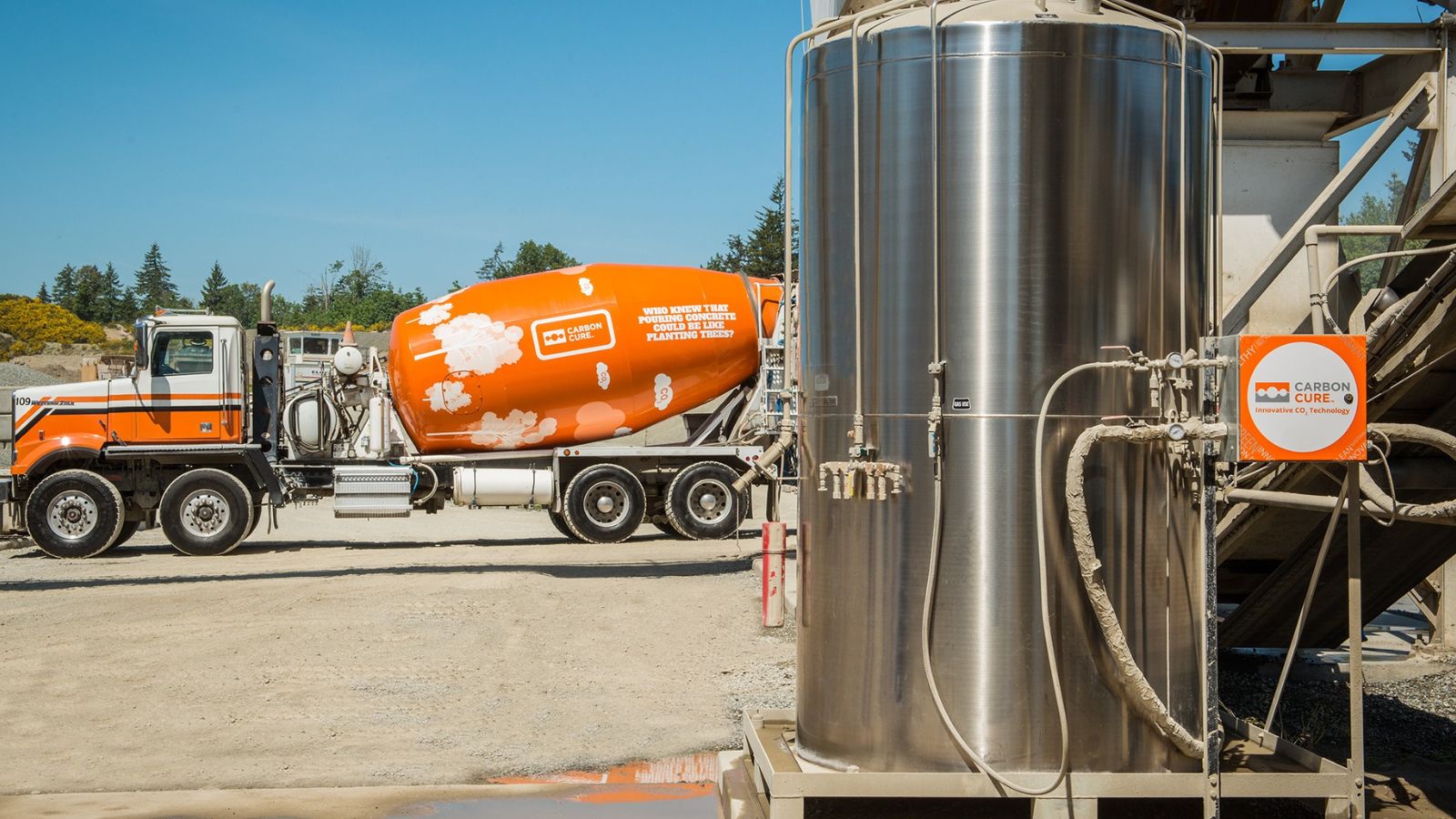
Canada introduced carbon pricing systems to combat climate change, first through provincial models and later with a national framework. These initiatives encourage cleaner energy production while returning revenues to citizens in the form of rebates or investments. The U.S. has resisted widespread adoption of carbon pricing, missing opportunities to lead on environmental sustainability. Now, with the climate crisis escalating, many American policymakers view Canada’s early action with growing admiration and regret.
Bilingualism

Canada officially adopted bilingualism at the federal level, promoting both English and French in government and education. This policy has fostered cultural inclusivity and linguistic tolerance across the country. In contrast, the U.S. has never formalized bilingual education, often marginalizing non-English speakers and losing out on the benefits of a multilingual workforce. Canada’s embrace of bilingualism has helped unify diverse populations, something America now struggles to replicate amid cultural tensions.
Public Broadcasting

The Canadian Broadcasting Corporation (CBC) has long served as a trusted, publicly funded media source offering Canadian perspectives on news, culture, and entertainment. The U.S. has relied more heavily on commercial media, which is often criticized for sensationalism and political bias. Public broadcasting like CBC provides Canada with a stable and balanced platform that informs and reflects its citizens. As misinformation spreads across American media, many regret not building a more robust public broadcasting foundation like Canada’s.
Peacekeeping Leadership
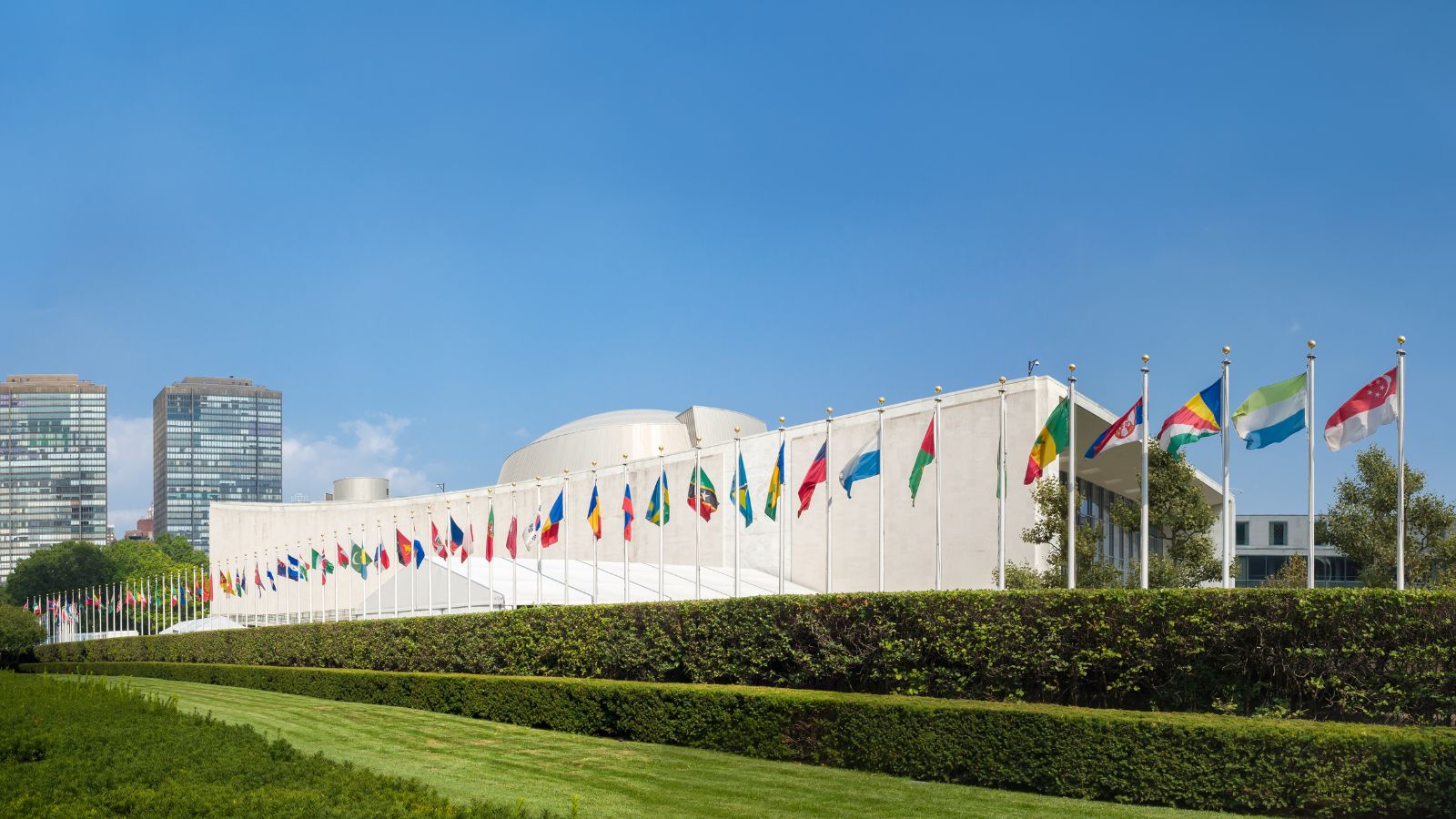
Canada carved out a global identity as a peacekeeping nation, championing diplomacy, conflict resolution, and humanitarian aid. This approach has earned Canada widespread international respect and credibility in global affairs. The U.S., on the other hand, often took a more militaristic stance, engaging in prolonged conflicts with mixed results. Many Americans now question these interventions, admiring Canada’s reputation for fostering peace without heavy military involvement.
Legalized Cannabis
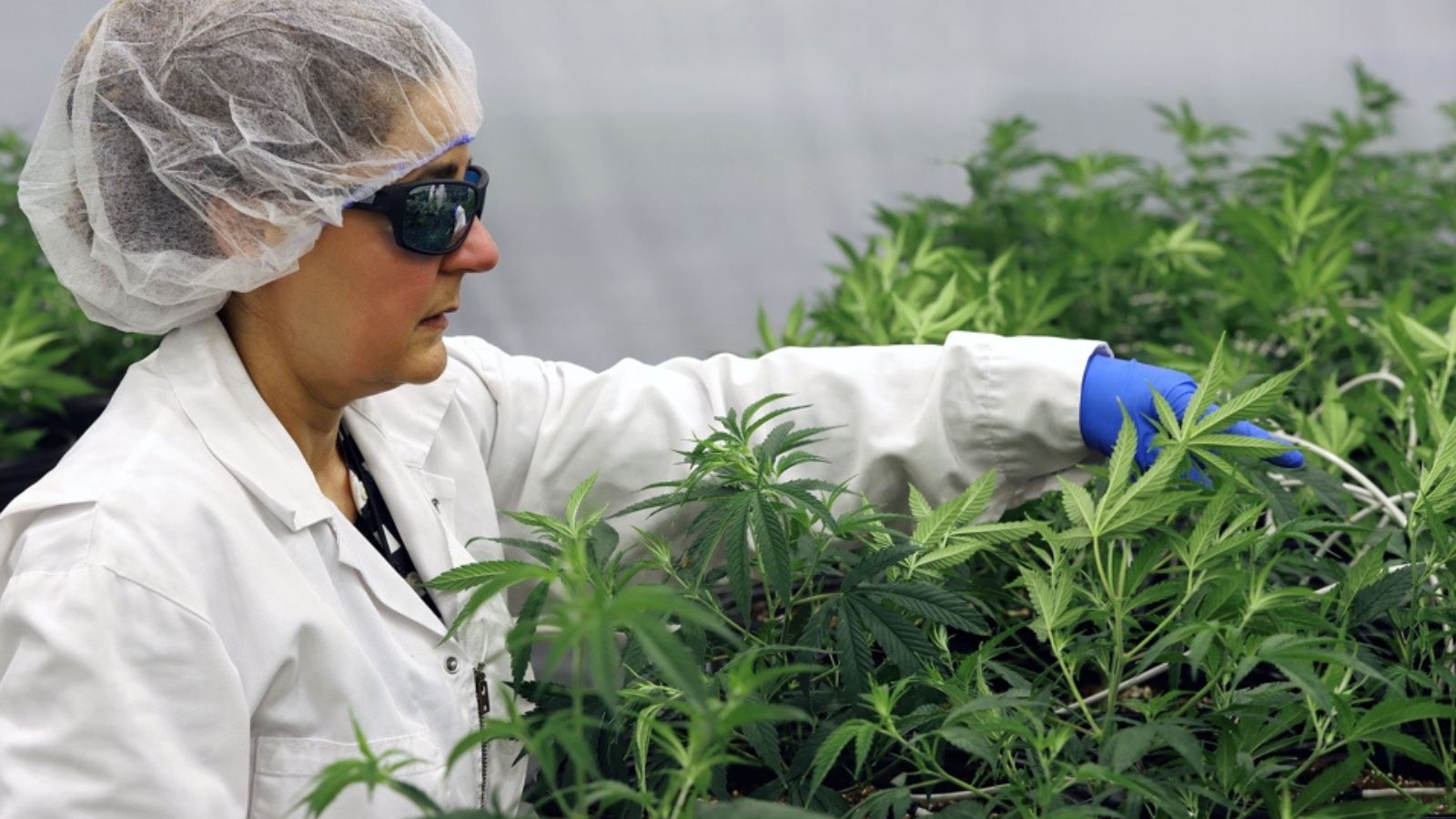
Canada federally legalized recreational cannabis in 2018, regulating it similarly to alcohol and generating billions in tax revenue. The U.S. has struggled with a patchwork of state laws, criminalization, and missed economic opportunities. As the legal cannabis industry booms in Canada, many American entrepreneurs and policymakers regret the delay in adopting a clear national policy. Canada’s model has proven successful, offering lessons the U.S. is only beginning to acknowledge.
Single-Transferable Vote Systems
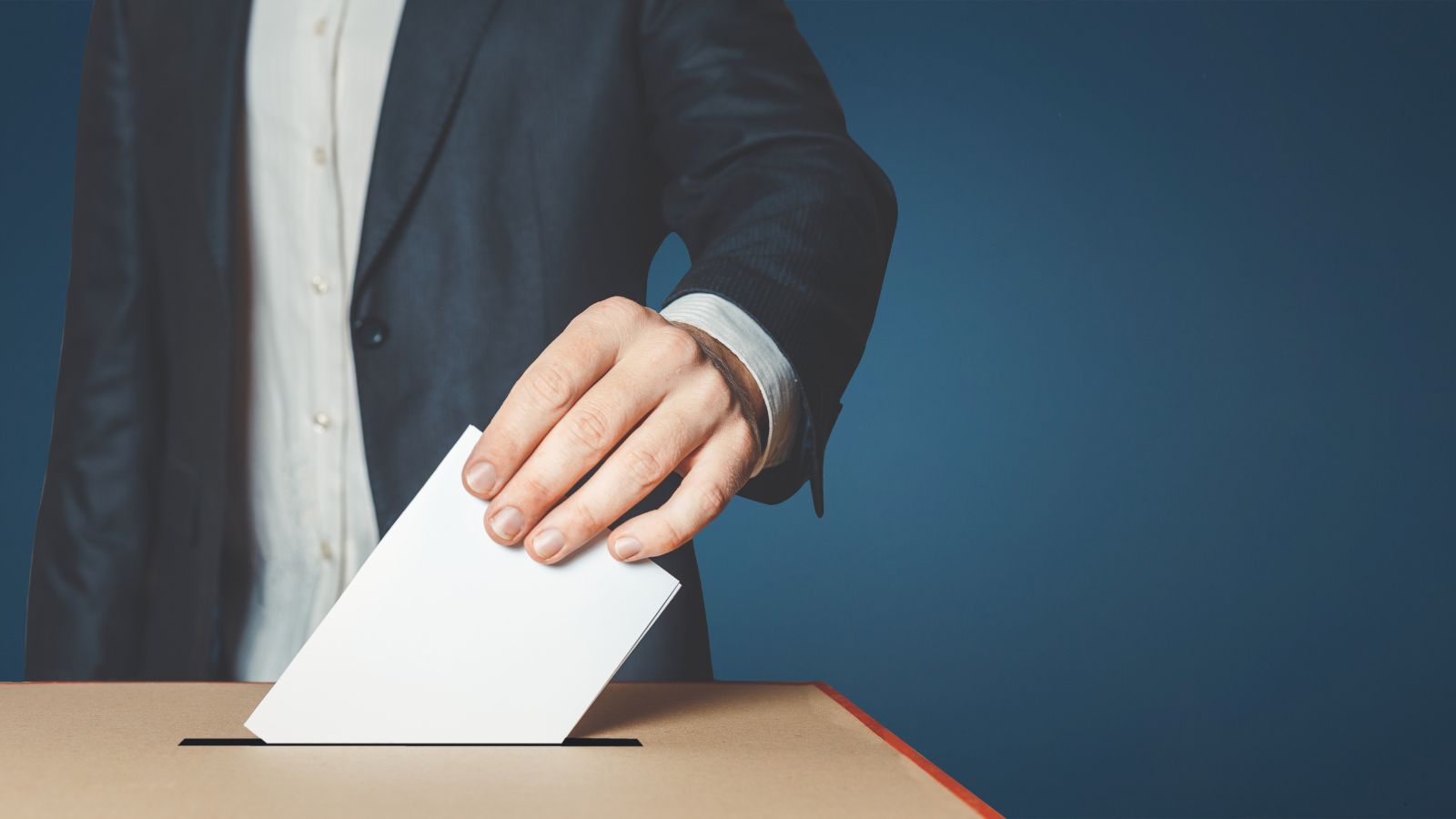
Some Canadian provinces have explored or implemented voting reforms such as the single-transferable vote (STV) to ensure fairer representation. While not universal across Canada, these efforts sparked meaningful dialogue on how to improve democracy. In the U.S., the electoral college and gerrymandering continue to skew representation, undermining public trust. Americans increasingly look to Canada’s willingness to innovate in voting systems as a missed opportunity for strengthening their own democracy.
Reconciliation with Indigenous Peoples
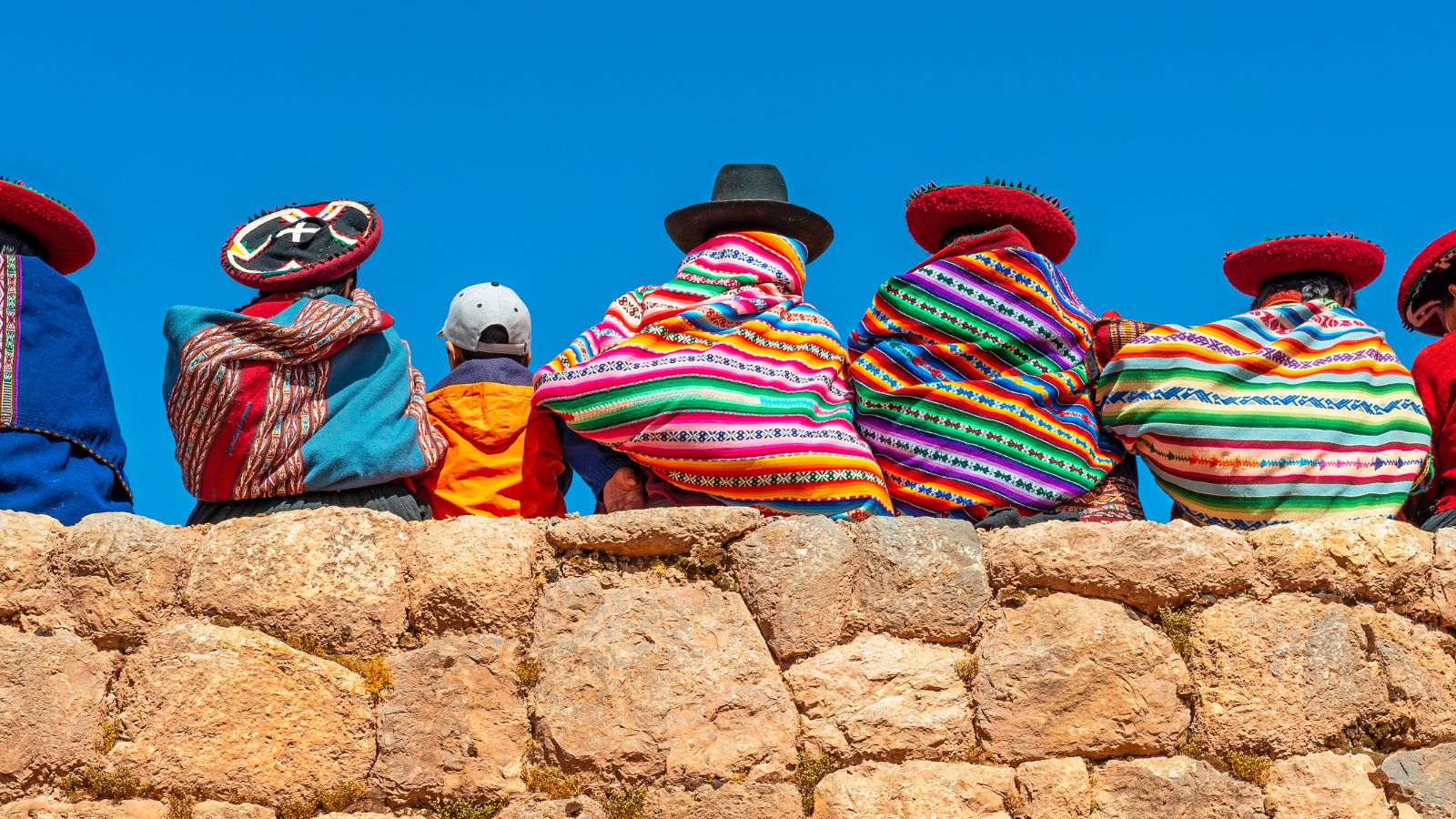
Canada has taken formal steps toward reconciliation with Indigenous peoples, including establishing the Truth and Reconciliation Commission and acknowledging past wrongs. While far from perfect, these efforts have opened national conversations about history, justice, and systemic inequality. The U.S. has yet to engage in such a comprehensive national reckoning with its own Indigenous communities. As Canada moves forward with institutional change, many Americans reflect on their silence with a sense of regret.
Maternity and Parental Leave

Canada offers generous maternity and parental leave policies, with up to 18 months of protected leave and income support for new parents. In contrast, the U.S. remains the only industrialized country without guaranteed paid parental leave. Many American families struggle to balance newborn care with work, often at great financial and emotional cost. Canada’s progressive policy is now widely cited as a humane model that America ignored to its own detriment.
Public Transit Investment
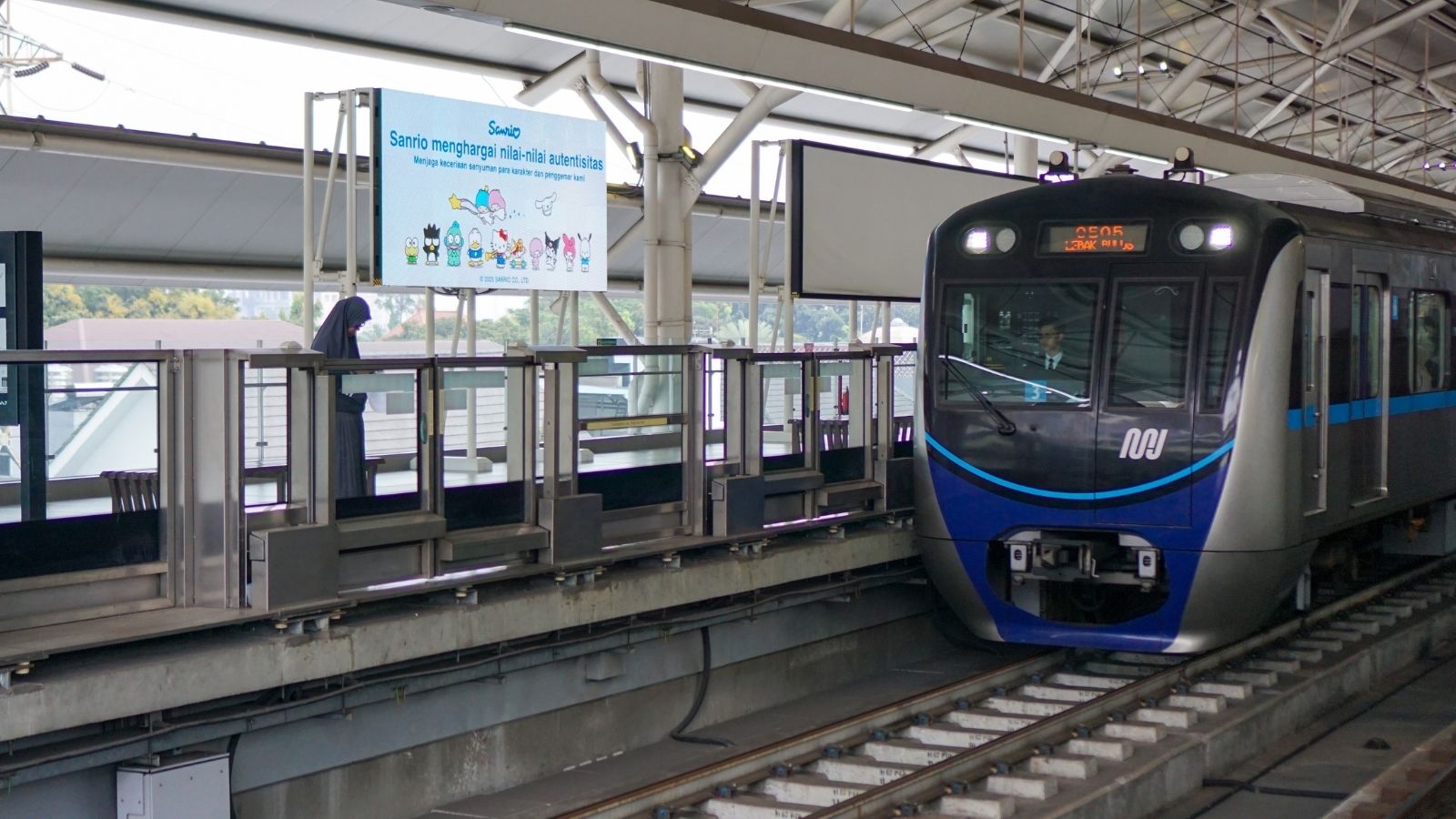
Canadian cities like Toronto, Vancouver, and Montreal have invested heavily in public transit infrastructure, reducing congestion and promoting sustainability. In contrast, many American cities prioritized car culture and neglected mass transit, resulting in traffic, pollution, and urban sprawl. Now, as climate concerns grow and urban populations rise, the U.S. is scrambling to catch up.
Safe Injection Sites

Canada was among the first countries to introduce supervised injection sites to address the opioid crisis from a public health perspective. These sites reduce overdose deaths and connect users with support services. Despite evidence of effectiveness, the U.S. has resisted similar initiatives, focusing instead on punitive measures. With overdose deaths reaching record levels, many American cities now wish they had followed Canada’s compassionate, science-backed lead sooner.
Banking Regulation

Canada’s banking system is known for its stability and strong regulatory framework, which helped it weather the 2008 financial crisis with minimal damage. In contrast, the U.S. banking sector faced massive collapses, bailouts, and long-term economic fallout. Canada’s cautious, conservative banking policies were once seen as overly rigid but are now praised for their foresight.
National Parks Protection
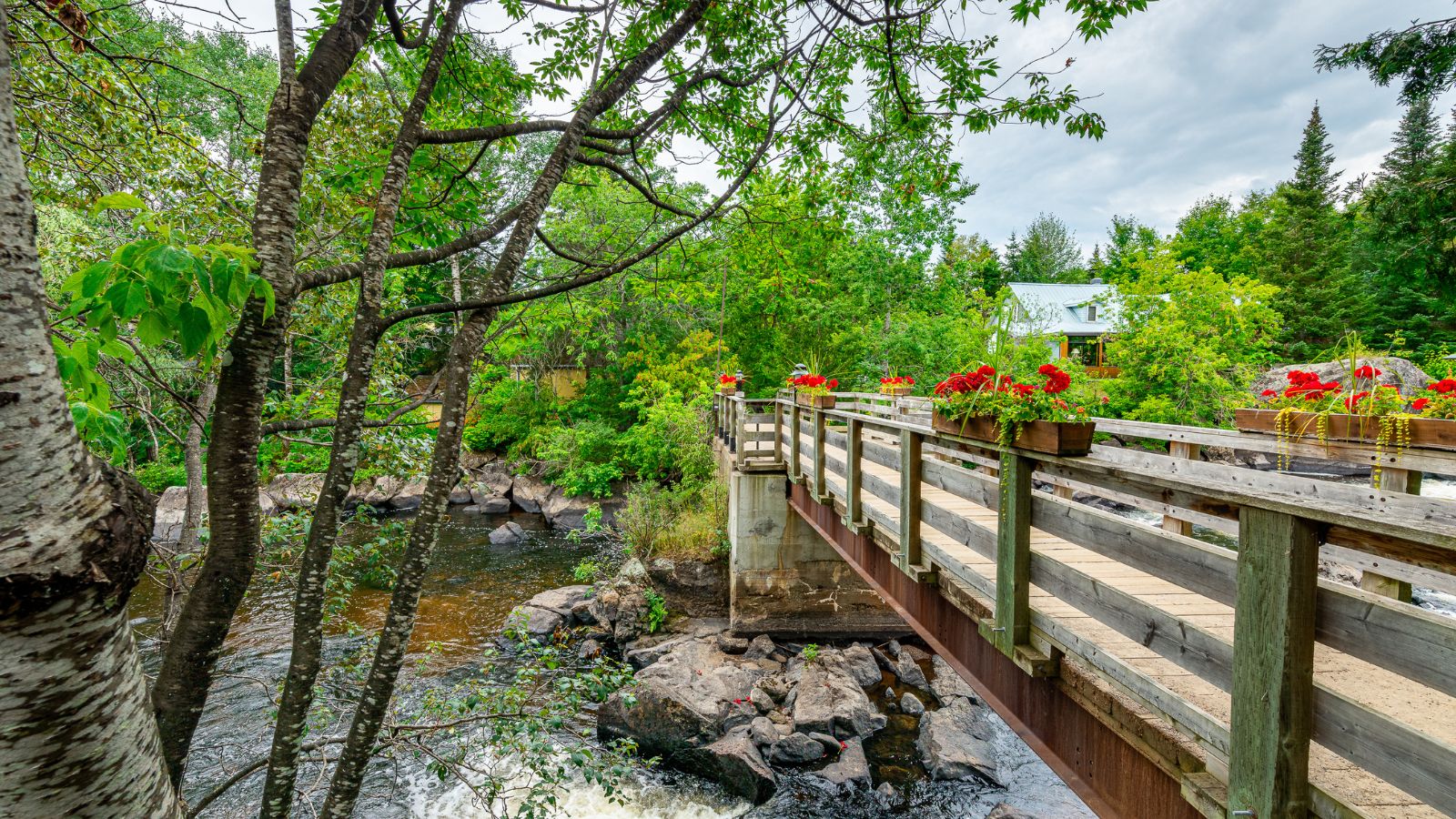
Canada has prioritized the preservation of vast natural areas through an extensive national parks system that protects biodiversity and encourages eco-tourism. While the U.S. also has a proud tradition of national parks, political battles have led to underfunding, privatization threats, and inconsistent stewardship. Canada’s long-term environmental commitment ensures its landscapes remain untouched and accessible for future generations. American conservationists now look north and wonder how much more might have been saved with a similar strategy.
Affordable University Tuition

Canadian universities, while not free, are significantly more affordable than their American counterparts. With government support and lower tuition fees, Canadian students graduate with less debt and more economic flexibility. Meanwhile, American students are burdened with lifelong loans that delay homeownership, family planning, and career mobility. The U.S. is now grappling with a student debt crisis it might have avoided by adopting a Canadian-style education funding model.
Postal Banking
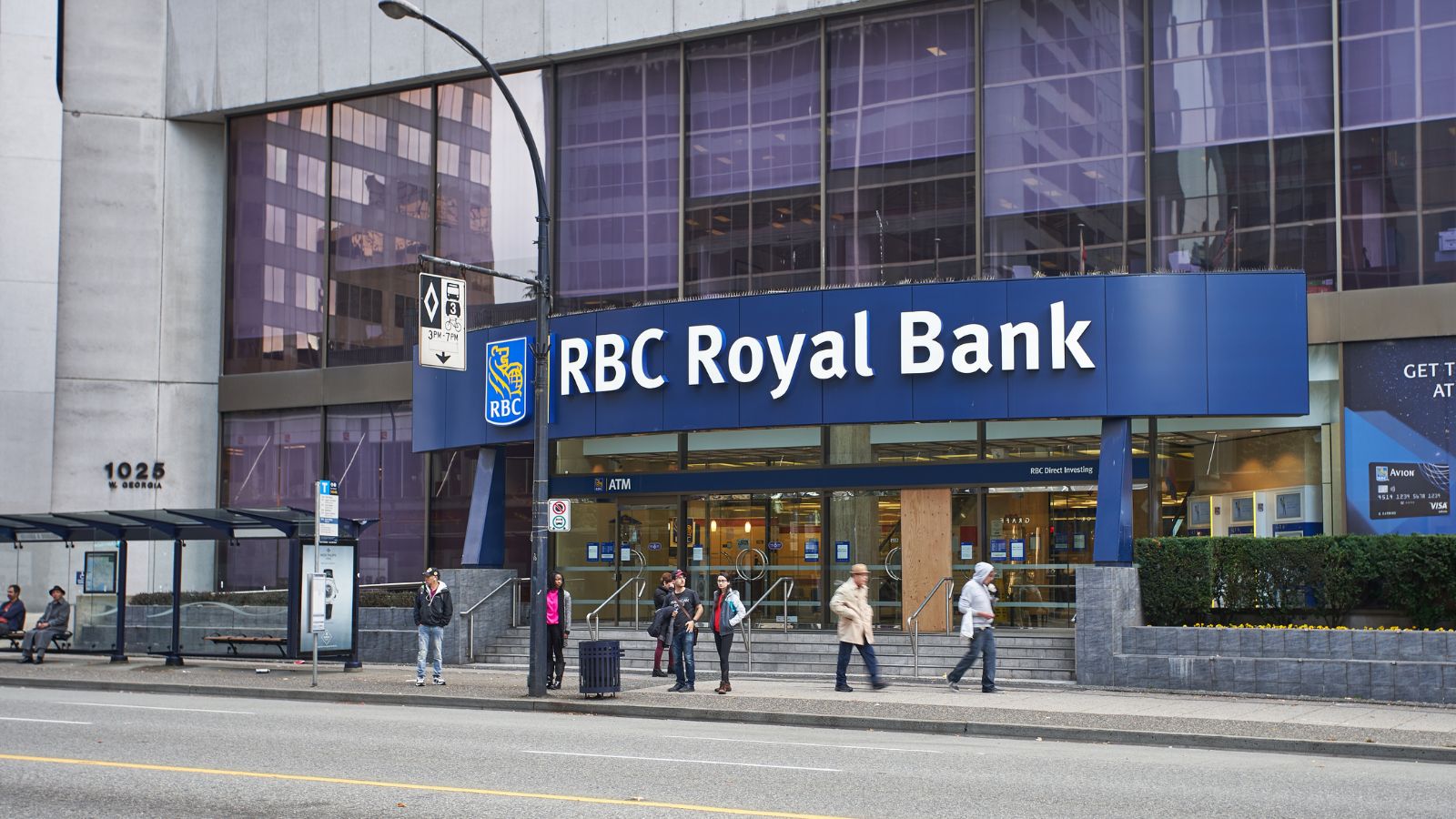
Canada Post has long offered banking services to rural and underserved communities, blending mail and financial access efficiently. The U.S. once had a similar system but abandoned it, leaving millions without access to basic financial services. As income inequality and banking deserts expand in America, there’s renewed interest in postal banking as a solution. Canada’s foresight in maintaining this system is now viewed as a missed opportunity for financial inclusion.
Civil Political Discourse

While Canada is not immune to political division, its public discourse remains more moderate and respectful than in the U.S., particularly in political debates and campaigns. Canadians are more likely to seek consensus and prioritize pragmatic solutions over ideological standoffs. America’s increasingly toxic political climate, marked by polarization and misinformation, contrasts starkly with Canada’s approach. Many Americans long for the kind of level-headed political culture that Canada has managed to preserve.
21 Products Canadians Should Stockpile Before Tariffs Hit

If trade tensions escalate between Canada and the U.S., everyday essentials can suddenly disappear or skyrocket in price. Products like pantry basics and tech must-haves that depend on are deeply tied to cross-border supply chains and are likely to face various kinds of disruptions
21 Products Canadians Should Stockpile Before Tariffs Hit
